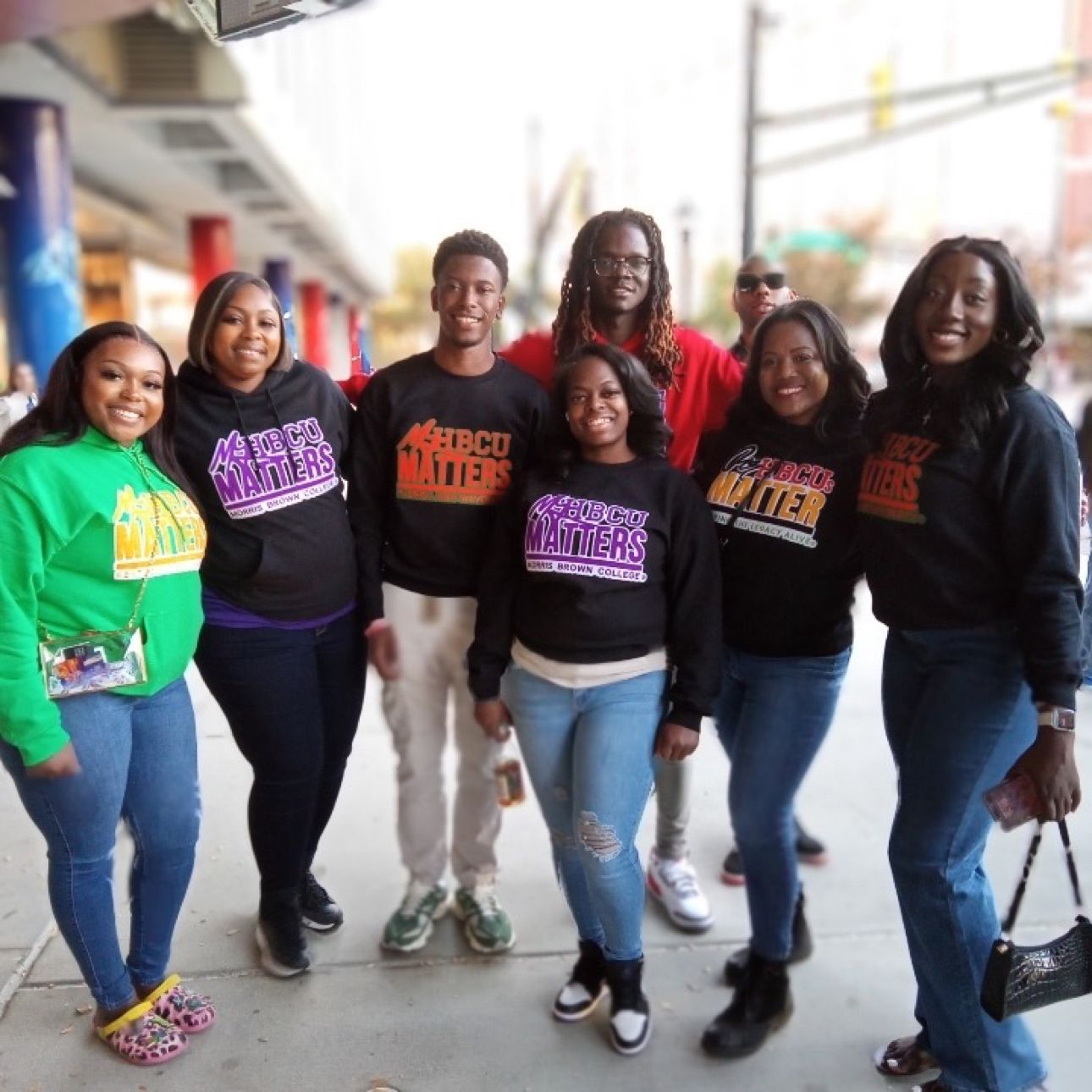A recent report, titled Basic Needs Insecurity at Historically Black Colleges and Universities, examines these issues and shares recommendations to address them. The publication, funded by the Annie E. Casey Foundation, draws on findings from a survey administered to nearly 5,000 students from 14 public and private four-year HBCUs. Nationwide, 75% of students at HBCUs are Pell Grant recipients.
-Funding For Tuition
-Lack of Family Support
-Housing
-Transportation
-Food Insecurity
-Self Efficacy
-Social & Emotional Support
-Not aware of Campus Resources
-Lack of Personal Funds
-Career Pathways
-Staying in College
-Graduating College
-Employment After College
-Relocation Fees
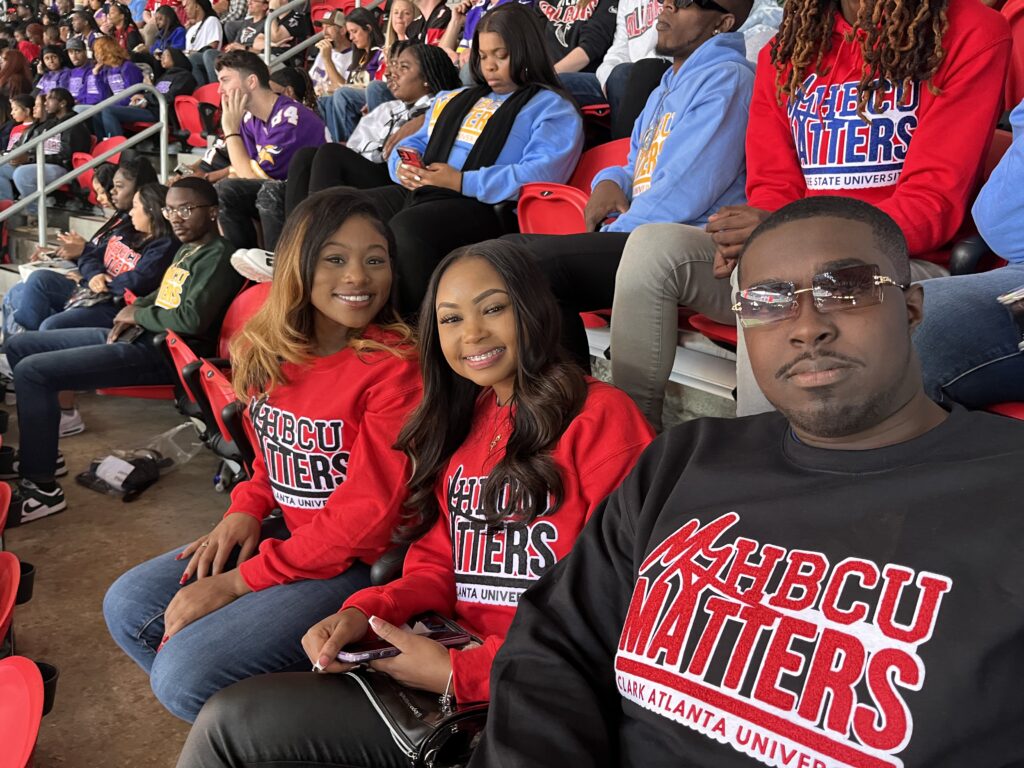
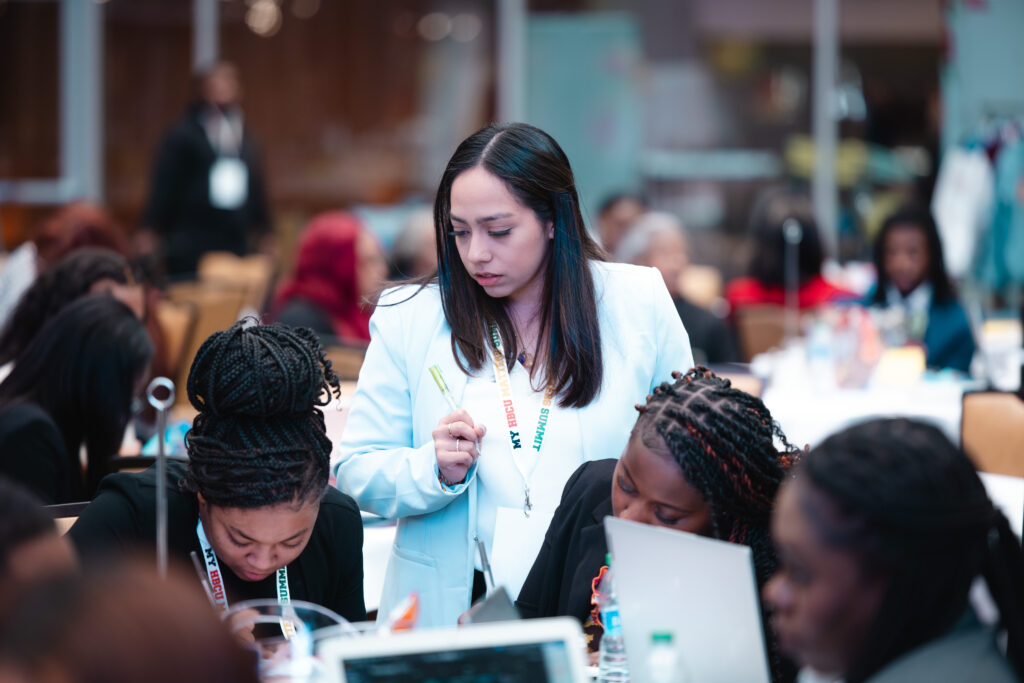
Low-income students are the main force behind the demand for Title I money. Other descriptive words are students in poverty, pupils with low socioeconomic status (SES), and kids who qualify for free or reduced-cost school lunch. These pupils require extra assistance owing to their particular requirements and features, as well as the difficulties they face both at home and at school. Students from low socioeconomic origins frequently experience difficulties at home that make it difficult, if not impossible, to concentrate on personal performance while at school. They may not have enough food or a safe place to live, and they may even be homeless. The absence of a safe and predictable workplace can have major consequences for the overall physical and emotional health of a child as he or she grows up. These and other outside factors affect academic and cognitive performance in school, as well as emotional engagement and in-school behavior.
-Lack of Family Support
-Housing
-Transportation
-Food Insecurity
-Self Efficacy
-Social & Emotional Support
-Not aware of Campus Resources
-Lack of Personal Funds
-Career Pathways
-Graduating High School
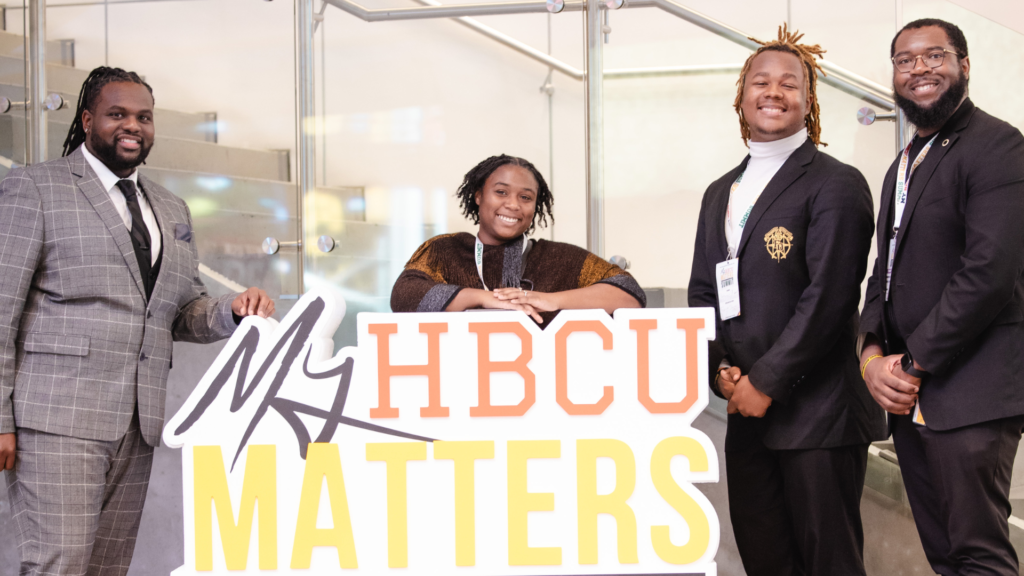

Our HBCUs Matter Faculty & Staff Fellowship Cohort supports and trains HBCU Faculty and Staff with leadership development, student success modules, class and school turnaround management strategies, industry training,research grants, and industry mentorship. OHMF fellows is a year-long program. A stipend, up to 80 hours of professional development, and funding for relevant travel are all provided to 25 participants in the program. The curriculum of the fellowship is created by HBCU teachers, prominent workforce partners, and industry professionals, guaranteeing relevancy and a creative and customized professional development experience.
The selection criteria for the Faculty & Staff Fellows were created via our OHMF Fellow Rubric.
-Current HBCU Faculty or Staff
-Recommendation Letters
-Previous Research and or Development Program Experience
-Commitment to completing culminating research project or a program
-Complete the Fellow Cohort Application
-Complete the Fellow Scholar Cohort Interview
-Complete the Faculty Development Intensive Sessions
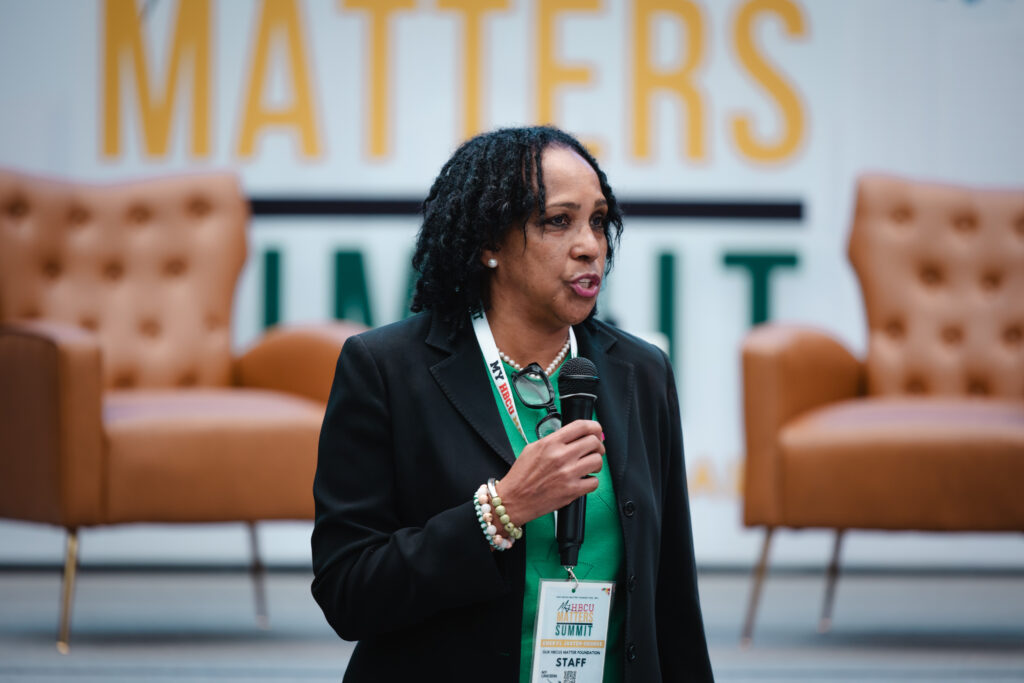

The Future of HBCUs Matter Educator Fellowship Cohort is for 9th-12th Grade Title 1 school educators. The program provides pedagogy development, class and school turnaround management strategies, networking, and steam integration training. OHMF fellows is a year-long program. A stipend, up to 80 hours of professional development, and funding for relevant travel are all provided to 25 participants in the program. The curriculum of the fellowship is created by teachers, prominent workforce partners, and industry professionals, guaranteeing relevancy and a creative and customized professional development experience.
The selection criteria for the High School Educator Fellows were created via our OHMF Fellow Rubric.
-Current Teacher, Administrator, or Counselor
-Recommendation Letters
-Working at a Title I High School
-Actively promote attending HBCUs
-Commitment to completing culminating research project or a program
-Complete the Fellow Cohort Application
-Complete the Fellow Scholar Cohort Interview
-Complete the Educator Development Intensive Sessions
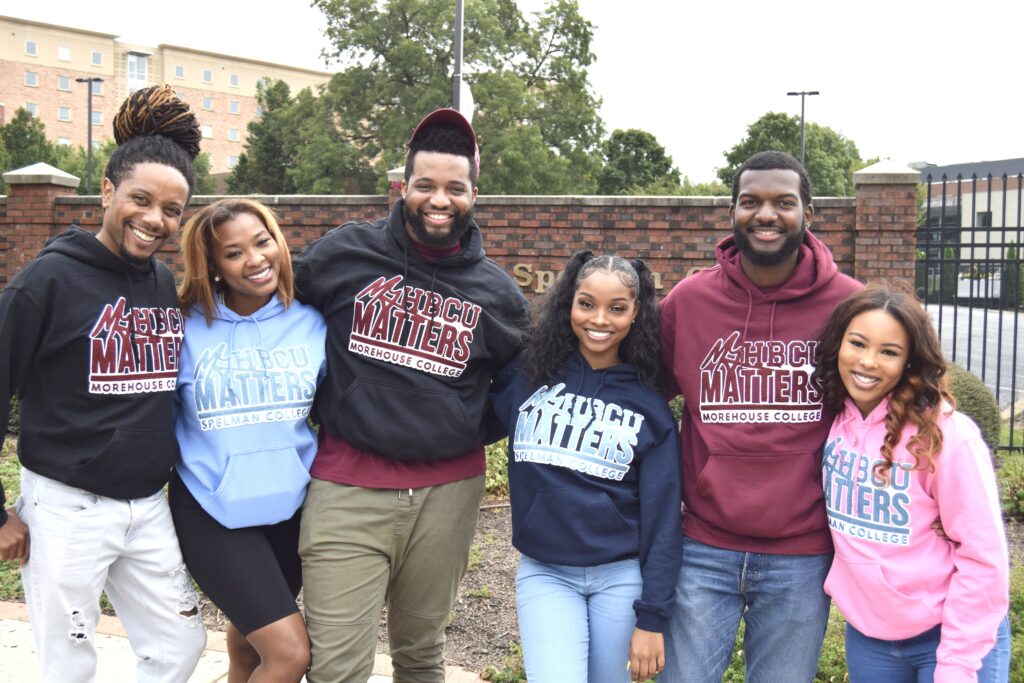
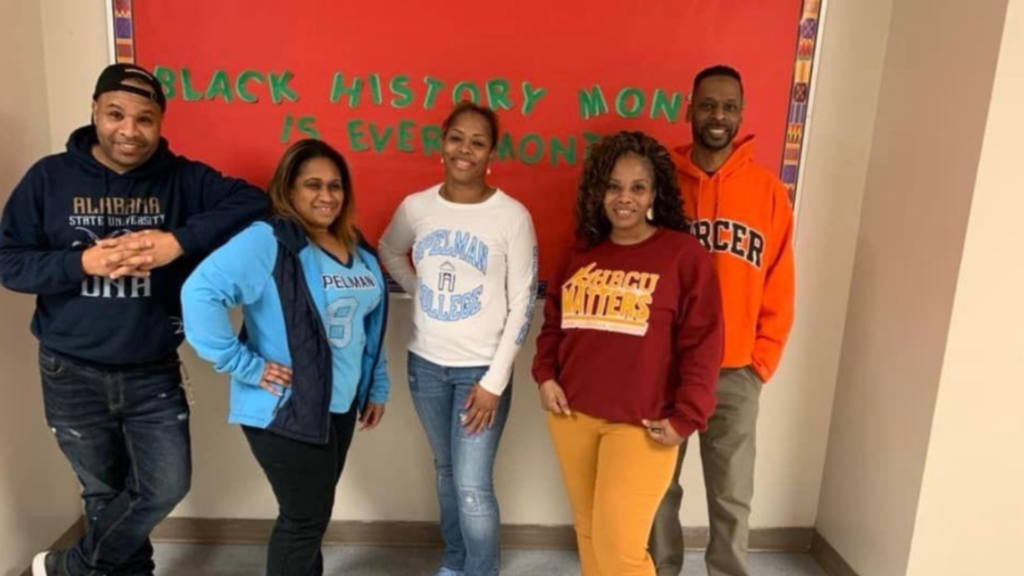
Our HBCUs Matter Legacy Builders Leadership Cohort is an immersive educational experience for HBCU Alumni which provides professional development, industry training, and networking, executive coaching and development, board and alumni training. Partners can network and connect with Alumni about their firms and organizations, discussing open positions and chances for progress. Legacy Builders mentor My HBCU Matters Scholars and support their HBCU Alumni Engagement Office as part of a cohort-created strategic project plan.
The selection criteria for the HBCU Scholars were created via our NBMBAA Scholar Rubric.
-HBCU Alumni
-5+ Years of work experience
-Actively looking for Employment
-Willing to Mentor HBCU Scholars
-Legacy Builder Cohort Application
-Complete the Legacy Builder Cohort Interview
-Complete the Leadership Development Intensive Sessions
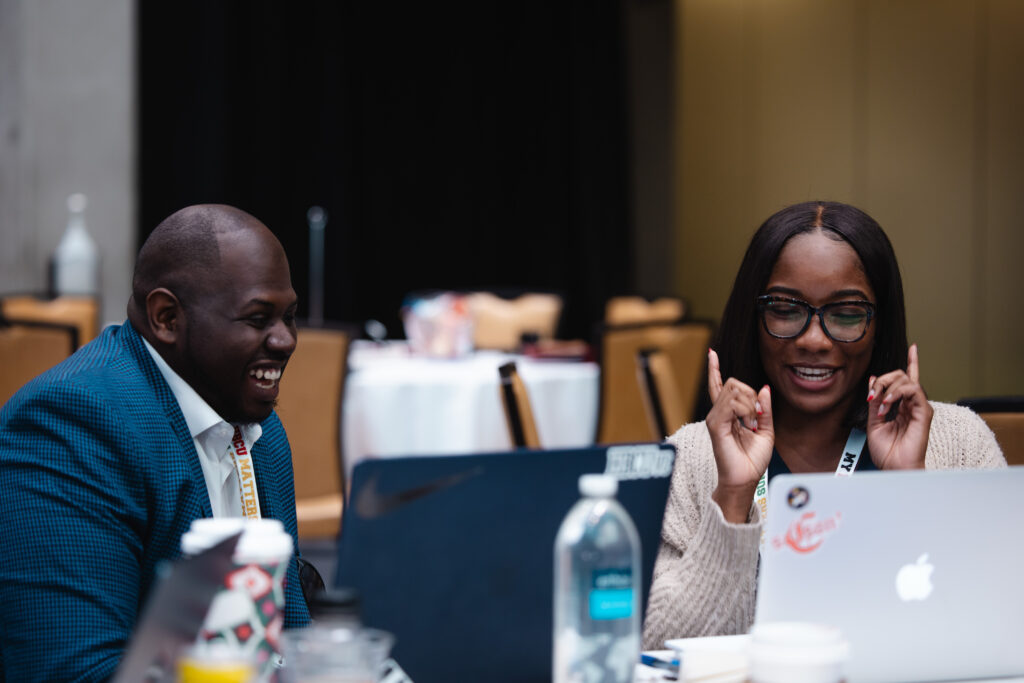
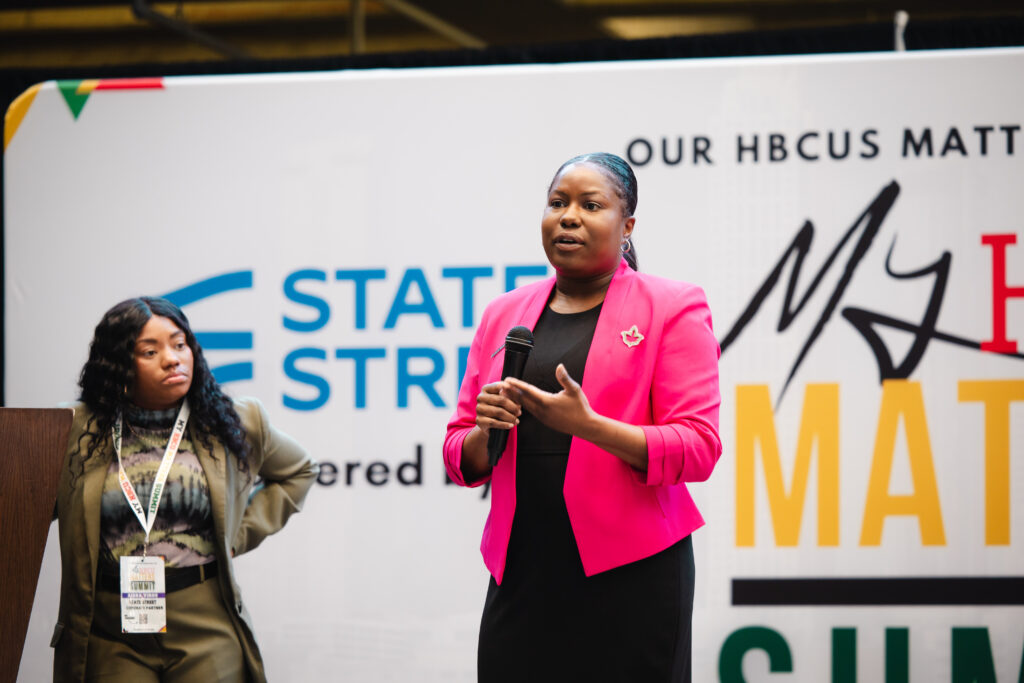
Stay up to date on news, events, apparel and research! Keeping The Legacy Alive!
